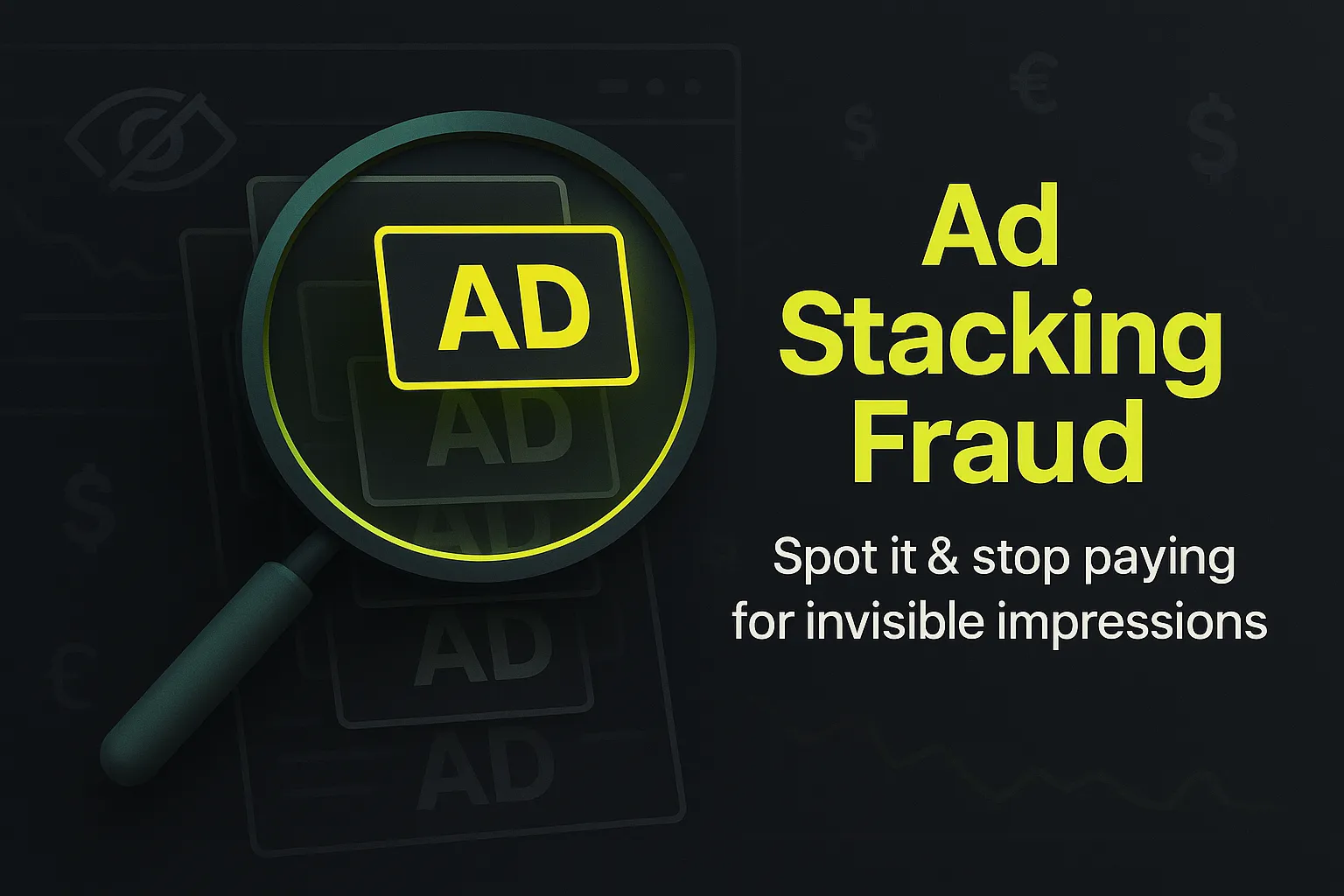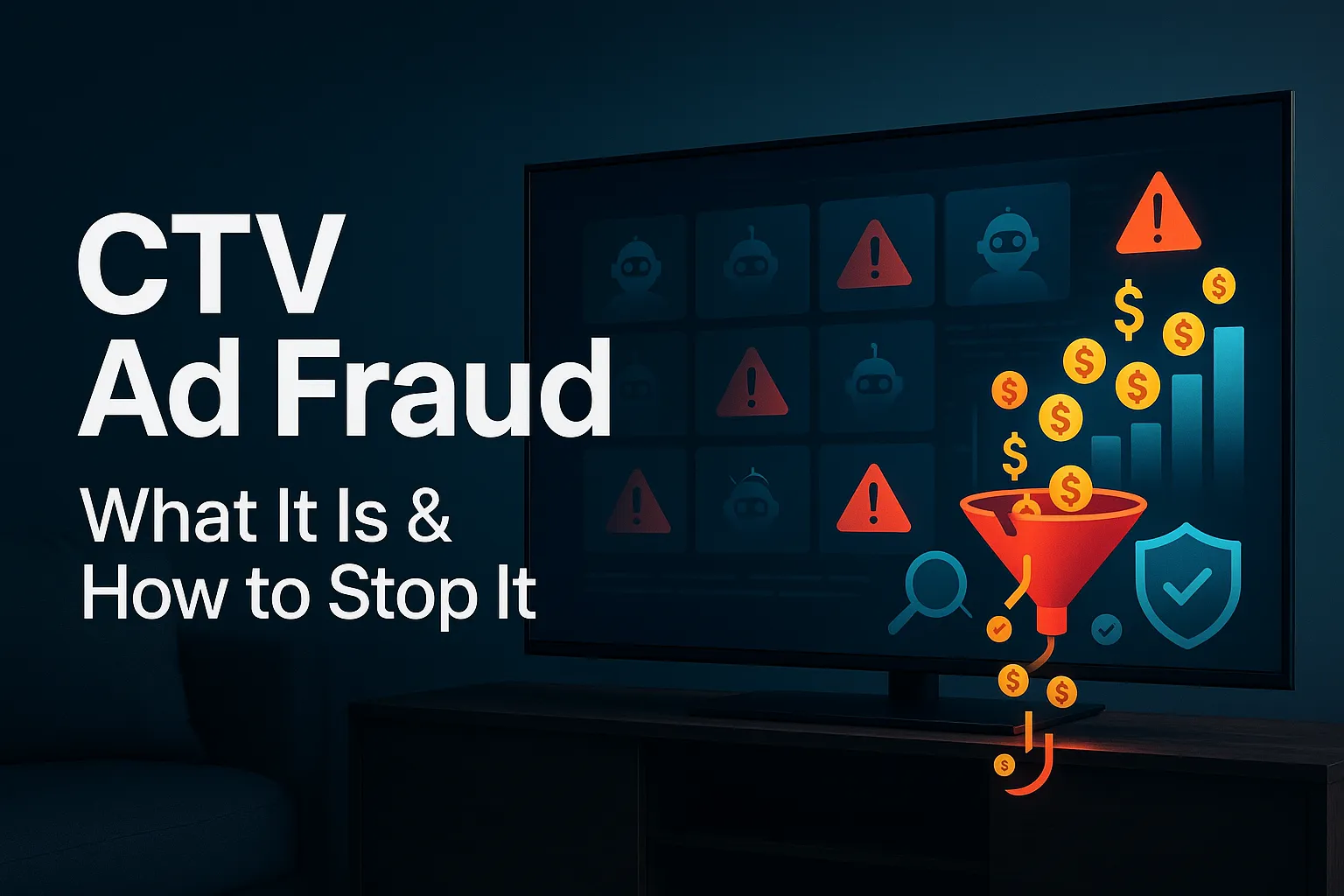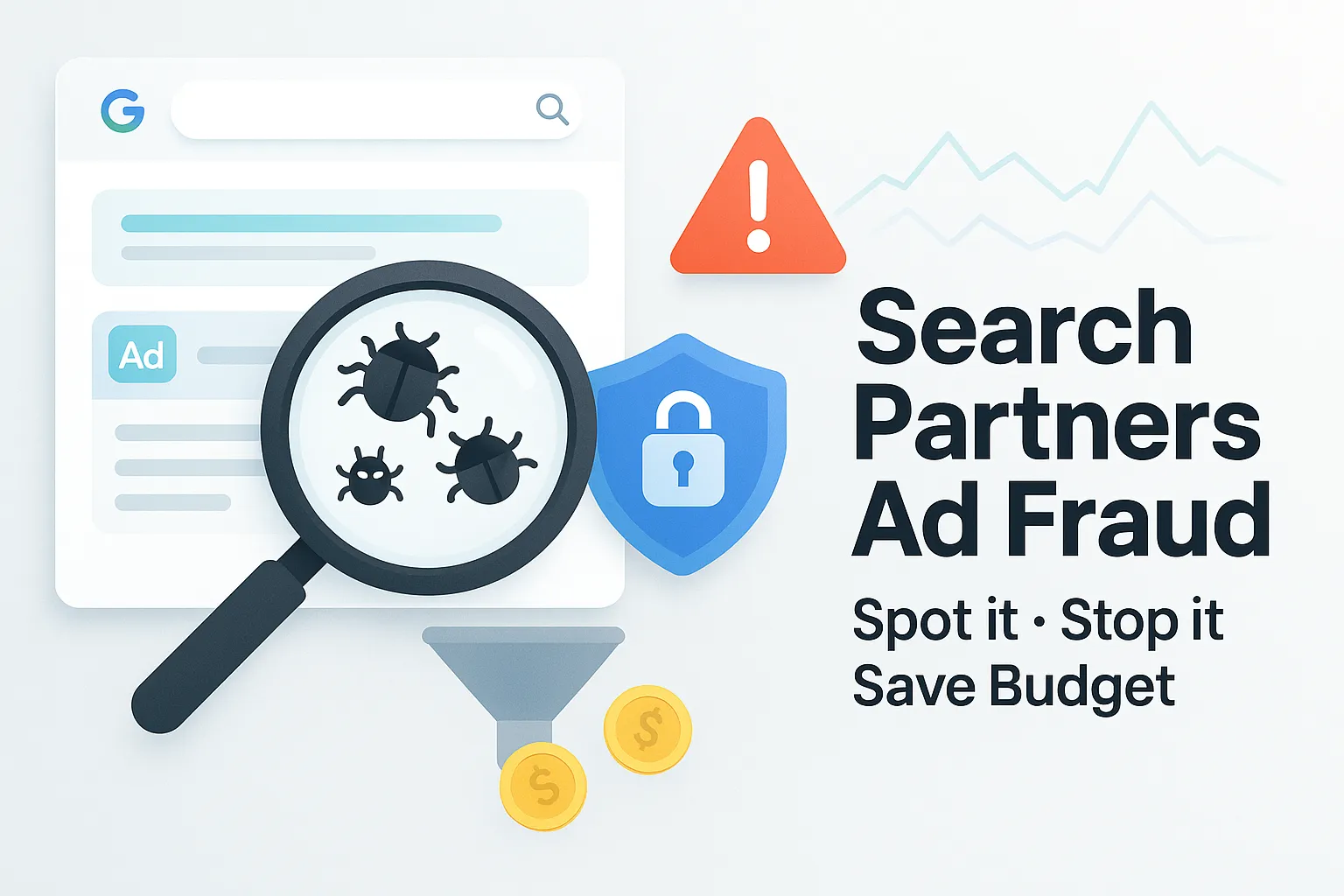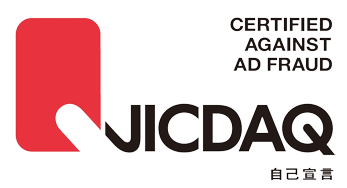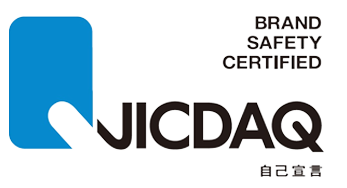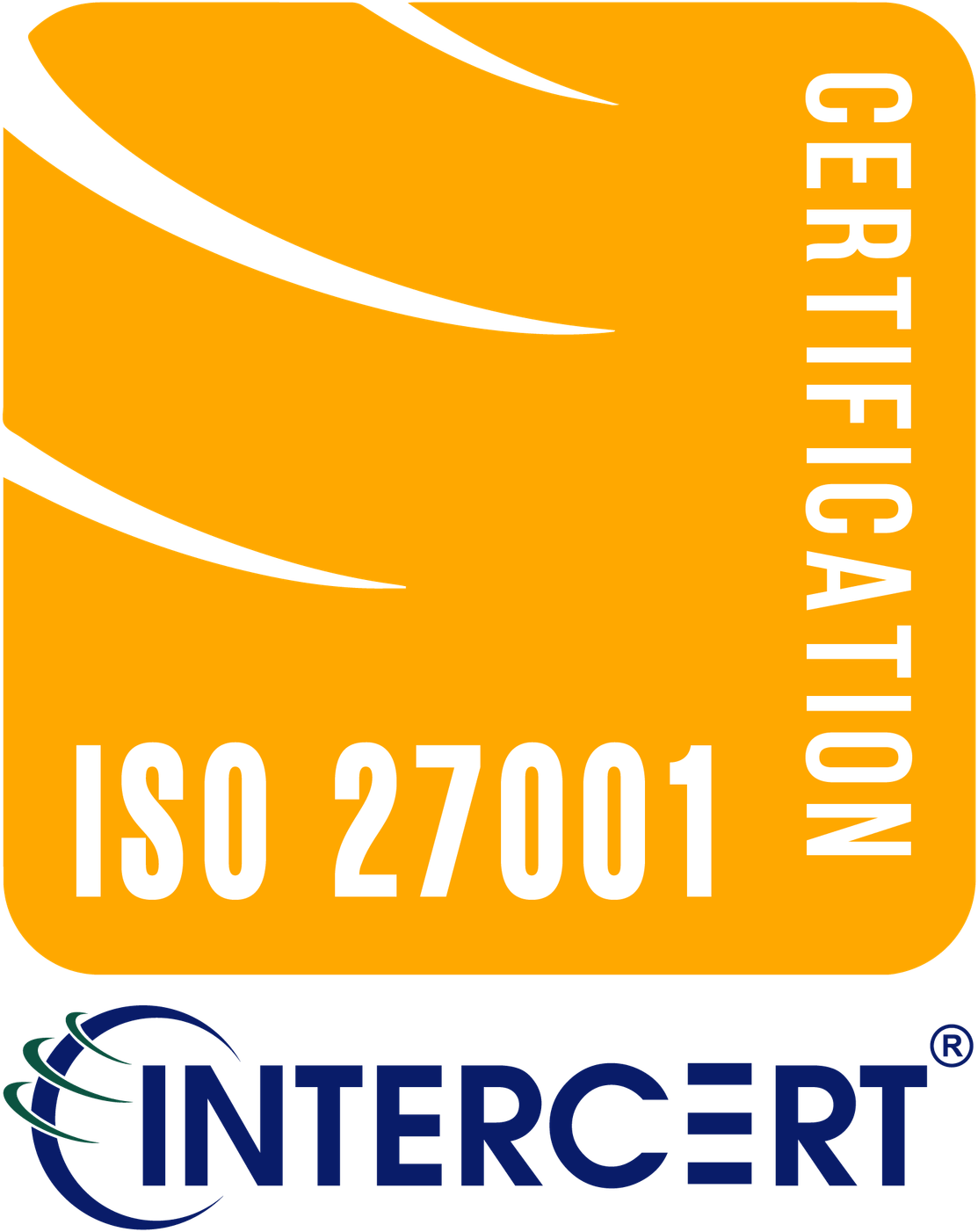7 SaaS Lead Generation Strategies for Marketing Teams

Lead generation is part of a much broader life cycle through which individuals or companies transition from strangers to customers. No two lead generation tactics are qualified equally. Regardless, if SaaS companies are to succeed, they must acquire and nurture those leads as part of their sales and marketing efforts too.
In this article, we’ll examine some lead generation strategies you can use for your SaaS company. We'll also provide a simple guide to getting started with your lead generation campaigns, plus a few tips to help you get more high-quality SaaS leads.
SaaS Lead Generation Strategies
1. Launch a bare-bones MVP
This is particularly effective for SaaS businesses that want to generate leads for upcoming product features. Through the lean model, SaaS businesses can learn more about their existing customers’ preferences and attract other leads with the faintest interest in a minimum viable product (MVP).
If a user were to become interested in your product at such an early stage, imagine how valuable the product would be once it is fully outfitted.
2. Add premium features to a freemium plan
Free trials aren’t fading anytime soon. If you truly want to get some eyes on your product, a free plan offer for a limited time will still be effective. SaaS companies can include premium features in these offerings as teasers of what potential customers should expect upon upgrading to a paid plan.
It is easier to convert free trial users since they can try your solution while making no financial commitment. Free trials lower the entry barrier for new leads unsure of their options, and this lessened friction translates to a smoother sales funnel and more qualified leads.
3. Educate with high-quality content
Content marketing is a vital tool for SaaS companies seeking to generate leads. By aligning your content marketing strategy and landing page with the keywords your target audience actively searches for, you improve your visibility and attract organic traffic. Converting leads also requires offering valuable resources through lead magnets, like ebooks, and dedicated landing pages with clear calls to action.
In essence, content marketing for SaaS is a dynamic and ongoing journey of refinement and adaptation, where your unique audience and business objectives drive the strategy. By strategically crafting content that speaks directly to your audience's needs and interests, you'll be able to build consistent organic traffic and convert curious visitors into engaged leads and, ultimately, loyal customers.
4. Boost lead generation with paid advertising campaigns
Effective lead generation often involves a multi-faceted approach, combining strategies to capture new leads and retargeting to re-engage potential customers who may have shown initial interest but didn't convert. To acquire new leads, craft compelling ad campaigns with clear CTAs, directing them to dedicated landing pages optimized for conversion.
At the same time, retargeting campaigns are employed to bring back visitors who interacted with your site or ads, gently nudging them towards becoming leads or potential customer. The synergy between these two marketing strategies not only drives new leads but also maximizes the potential of warm prospects.
5. Build active online communities
These online communities allow you to engage in genuine dialogue with your potential and existing customers. Also called “a family of invisible friends”, they are a fantastic avenue to interact with your own target market and audience and explore finer details about what they seek from the solutions offered by your SaaS company.
Depending on your industry, channels to raise these communities range from subreddits, Pinterest group boards, Facebook groups, to Instagram hashtags and Twitter lists.
Building online communities exceeds the two-dimensional world of basic social media outreach. It should be a long-term vision to connect people with insights, ideas, and opinions of others around a particular topic.
Reports as old as seven years back found that over 70% of B2B buyers use social media circles like LinkedIn groups to support their purchasing decisions. Nonetheless, when planning to generate high-quality leads, think less about your brand and more about the human element that will entice people to join.
6. Host events
Hosting events with industry experts, especially one partnered with social media influencers, is a smart way to engage targeted user groups. The target audience will appreciate it because you’re enabling them to get free industry-inclusive sessions that deliver answers to resolving their problems. Oftentimes, these leads are simply glad to connect with their peers in other SaaS companies.
These events can be as light as fun sessions on X (Twitter) spaces, to carefully planned Zoom seminars. In the end, the interaction will pave the way for a lasting rapport, eventually converting leads into paying customers.
7. Provide live chat support on your website
Live chat support integrations allow SaaS businesses to both capture leads and nurture leads by reaching visitors who are still very interested in the product. The technology allows SaaS marketers to hold more conversations and reduce the time each lead spends waiting for a response, enabling a stellar customer experience and increasing lead conversion.
8. Optimize website speed
The slower a website loads, the higher its bounce rate. Slow-loading websites also rank lower on search engines, not to mention a poor customer experience that leads to more drop-offs. If such an issue can hinder purchase, it will also stifle lead generation efforts.
A responsive site opens up tremendous opportunities beyond web forms for lead generation services and acquisition. Thus, SaaS companies should invest in the proper technological infrastructure for their websites.
9. Create gated content
Gated content on a website is all the exclusive content that users can access by providing their contact information, usually an email address. Such content might include white papers, quarterly marketing reports, or even in-depth articles that cover certain trends.
It is no longer enough to create content. To truly stand out, a SaaS business needs to publish content relevant to market research, tackle customer pain points, and position their brands as an authority in their industries. Gated content provides that opportunity, along with providing SaaS marketers with direct exposure to high-quality leads.
Getting Started with SaaS Lead Generation

Consumers are always on the hunt for the perfect platform that can solve their problems and make their lives easier. For SaaS companies, given the abundance of options available to them, creating an effective lead generation strategy can be challenging. Where do you start? There is no right answer.
Many marketers have found it insightful to study how other SaaS companies in their industry nurture leads. Your own marketing team or sales team might want to begin with Salesforce or any of the abundant useful tools on HubSpot's resources.
Alternatively, if you are looking for more tailored guidance on lead scoring yourself, you can always refer to what worked for you in the past. Look back on how you enrolled your earliest customers, what features you offer, and even the lead generation KPIs you used to gauge your efforts.
Conclusion
SaaS lead generation can be a slow process. Only about 10-15% of leads will end up becoming loyal paying customers. Nevertheless, those leads will increase your reach via word-of-mouth, allowing you to gain newer leads. Think of it this way: if you invest in a marketing strategy to generate more leads now, you are actually making a future sale.
Frequently Asked Questions about SaaS Lead Generation
How do Marketing Qualified Leads differ from Sales Qualified Leads in SaaS marketing?
Marketing qualified leads (MQLs) are potential customers who have shown interest in a company’s content or marketing efforts but are not yet ready to make a purchase. In SaaS marketing, MQLs may have interacted with educational content or signed up for a webinar. Sales qualified leads (SQLs), however, are further along the buyer's journey; they have taken actions that indicate a readiness to engage in a sales conversation. Lead generation companies often help SaaS businesses in distinguishing between MQLs and SQLs to tailor their marketing campaigns and sales approaches accordingly.
What are the roles of lead generation companies in building powerful lead generation strategies for SaaS companies?
Lead generation companies specialize in crafting and executing powerful lead generation strategies for businesses, including those in the SaaS industry. They use a variety of tools and techniques, such as email marketing software and marketing automation, to attract potential leads and nurture them into MQLs or SQLs. Their expertise helps SaaS companies to focus their resources on developing their product and customer success strategies while leaving the complex task of lead generation to dedicated professionals.
Can a dedicated landing page serve as an effective lead generation tool for SaaS marketing?
A dedicated landing page is a pivotal lead generation tool for SaaS marketing. It serves as the targeted web page that potential customers land on from marketing campaigns. This page is optimized to convert visitors into leads by presenting them with compelling information, social proof, and clear calls to action, often including forms to capture lead information. It’s a direct approach to guide visitors through the sales funnel, essential in the SaaS industry.
How does search engine optimization benefit SaaS marketing in attracting leads?
Search engine optimization (SEO) is crucial for SaaS marketing as it increases the visibility of a SaaS company's website to potential leads. By optimizing content with relevant keywords, securing backlinks, and ensuring a mobile-friendly site, SaaS companies can attract more organic traffic. This strategy is particularly effective in the SaaS industry where decision-makers often turn to search engines to find software solutions.
What impact does social proof have on lead generation and customer relationship management for software companies?
Social proof, such as customer testimonials and case studies, significantly impacts lead generation and customer relationship management for software companies. It builds trust and credibility, showing potential leads that other businesses have successfully used the software. It’s also valuable for customer success teams to showcase real-world applications of the software, thus encouraging existing customers to deepen their engagement and use of the product.
How can marketing software and automation drive marketing campaigns for generating leads?
Marketing software and marketing automation tools streamline marketing campaigns for lead generation by automating repetitive tasks, such as email campaigns, social media posting, and lead scoring. For SaaS marketing, these tools can personalize the lead nurturing process at scale, ensuring that each lead receives relevant content at the right time, which is critical for converting leads into SQLs and eventually paying customers.
How do email marketing software solutions cater to mobile phones users in the SaaS industry?
Email marketing software is designed to optimize emails for mobile phones, ensuring that marketing messages are easily readable on smaller screens, which is vital considering the increasing use of mobile devices. In the SaaS industry, where users may access software via mobile, it’s important that the email marketing strategies align with mobile optimization to enhance the user experience and lead generation efforts.
Why is customer success important in marketing automation strategies for software companies?
Customer success is an integral part of marketing strategies for software companies because it focuses on helping customers achieve their desired outcomes with the software. Marketing automation can facilitate customer success by enabling continuous engagement and timely support through automated workflows, personalized content, and proactive service. This leads to higher customer satisfaction and loyalty, which is beneficial for both retention and acquiring new leads through referrals.











